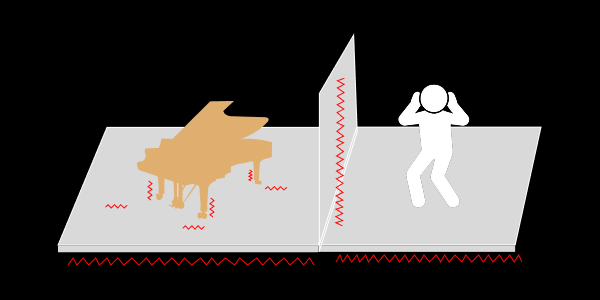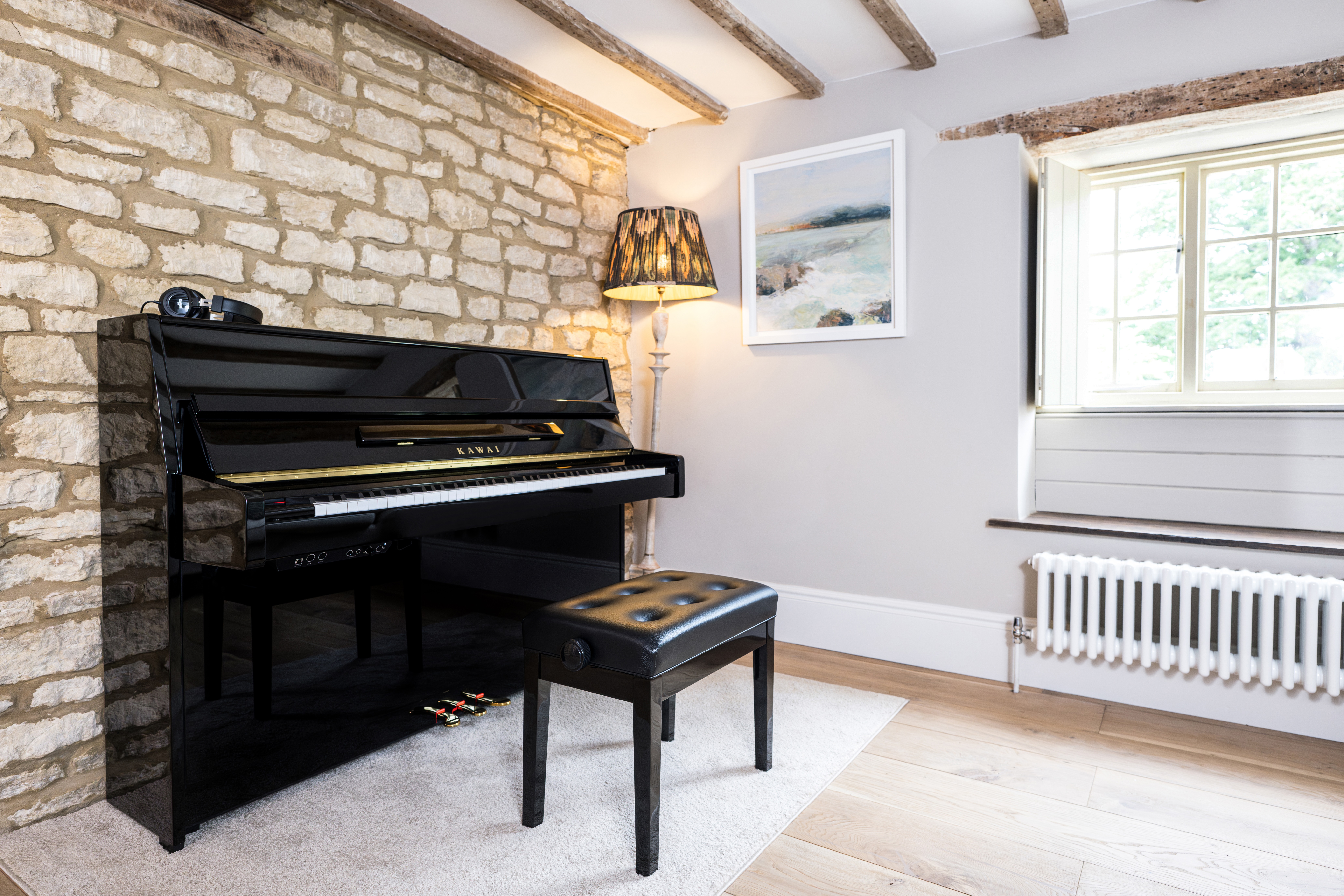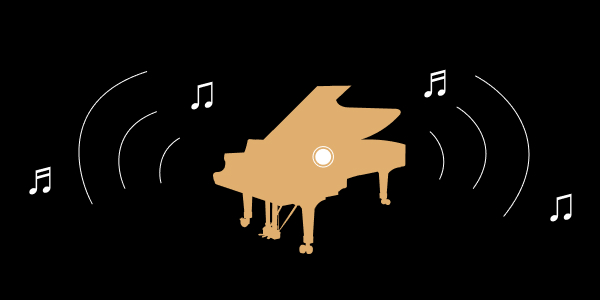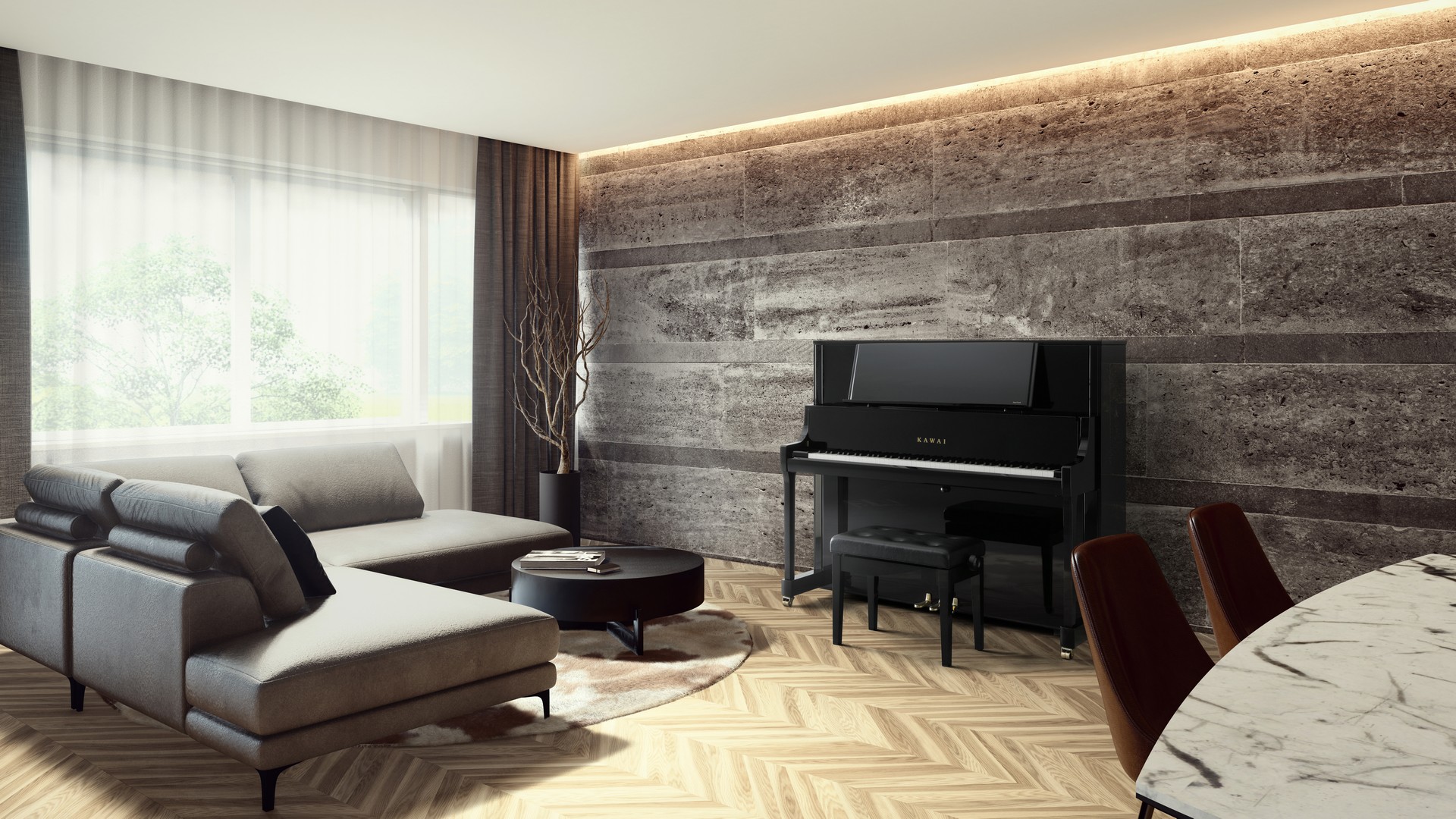
Thinking About Soundproofing When Buying a Piano
Even if you set specific times for playing the piano, it’s natural for your daily schedule to change over time. While many digital or hybrid pianos have a “silent mode,” and some assume this eliminates all noise concerns, that’s not entirely true.
Vibrations caused by pressing the keys, using the pedals, or even moving the bench can travel through the floor or walls and potentially disturb others in nearby rooms or units. These sounds can become a source of noise complaints if not properly addressed.
To ensure you can enjoy your piano for many years to come, it’s worth taking some soundproofing measures from the beginning. Here are four relatively simple and practical tips to help minimize noise.
-
Contents
Use a Soundproof Mat
A soundproof mat placed under the piano helps reduce the transmission of sound and vibrations through the floor. It can also dampen other household noises like footsteps or moving the bench.
Since floors tend to transmit sound easily, placing a mat under the piano is one of the most effective soundproofing solutions. When choosing a mat, pay attention to its thickness and weight—thicker mats tend to absorb sound better, and heavier ones usually offer higher sound insulation.
For upright pianos, a mat thickness of around 5 to 10 mm is generally recommended. Some mats also come with added features like antibacterial or anti-odor treatments, dust mite resistance, or compatibility with floor heating. Select the one that best fits your home environment.

-
Place a Soundproof Panel or Blanket Behind the Piano
Soundproof panels can help block vibrations and sound from transferring to the walls. Placing a panel between the piano and the wall can reduce echoes and minimize the amount of sound that escapes to adjacent rooms.
If you don’t have a soundproof panel on hand, using a thick blanket or comforter as a temporary alternative can also be effective. This is a budget-friendly way to start soundproofing with items you already have at home.
-
Install Secondary (Double) Windows
If installing a full soundproof room is not feasible, we recommend starting with the windows. Windows are often the biggest culprits when it comes to letting sound escape from your home.
Adding secondary windows (double glazing) can drastically reduce sound leakage by closing the gaps through which sound travels. It also helps block incoming noise from outside, allowing you to focus more on your performance.
If you live in a noisy area or are concerned about neighbors hearing your playing, secondary windows are a practical and effective solution.

-
Keep Your Piano in Good Condition – Even If You Eventually Let It Go
To preserve your piano in good condition for years, regular maintenance is essential. Without it, even minor problems can lead to tuning instability, wear and tear, and damage over time.
A well-maintained piano not only brings better sound and longevity but also holds its value. If you ever decide to part with your piano, keeping it in excellent condition can increase its resale value and help you say goodbye with peace of mind.
For detailed maintenance tips, check out our Caring Book (Caring for your Kawai Piano) to help keep your instrument in top shape.
Summary: Creating a Comfortable Piano Environment Starts with Sound Awareness
Noise concerns are one of the most common worries for those considering purchasing a piano, especially when living in shared housing or densely populated neighborhoods. However, with just a few simple soundproofing measures—such as using a mat, adding a panel, or installing double windows—you can create a more comfortable space for both yourself and those around you.
Taking steps to reduce noise not only allows you to play with peace of mind, but also helps you build a long-lasting relationship with your instrument. Whether you're planning to use your piano for many years or thinking ahead to resale, creating a sound-conscious environment is a smart and caring investment.


Writer
Kawai Japan (Domestic division)
This article has been translated from a piece published on the Kawai Japan website.
This article has been translated from a piece published on the Kawai Japan website.


